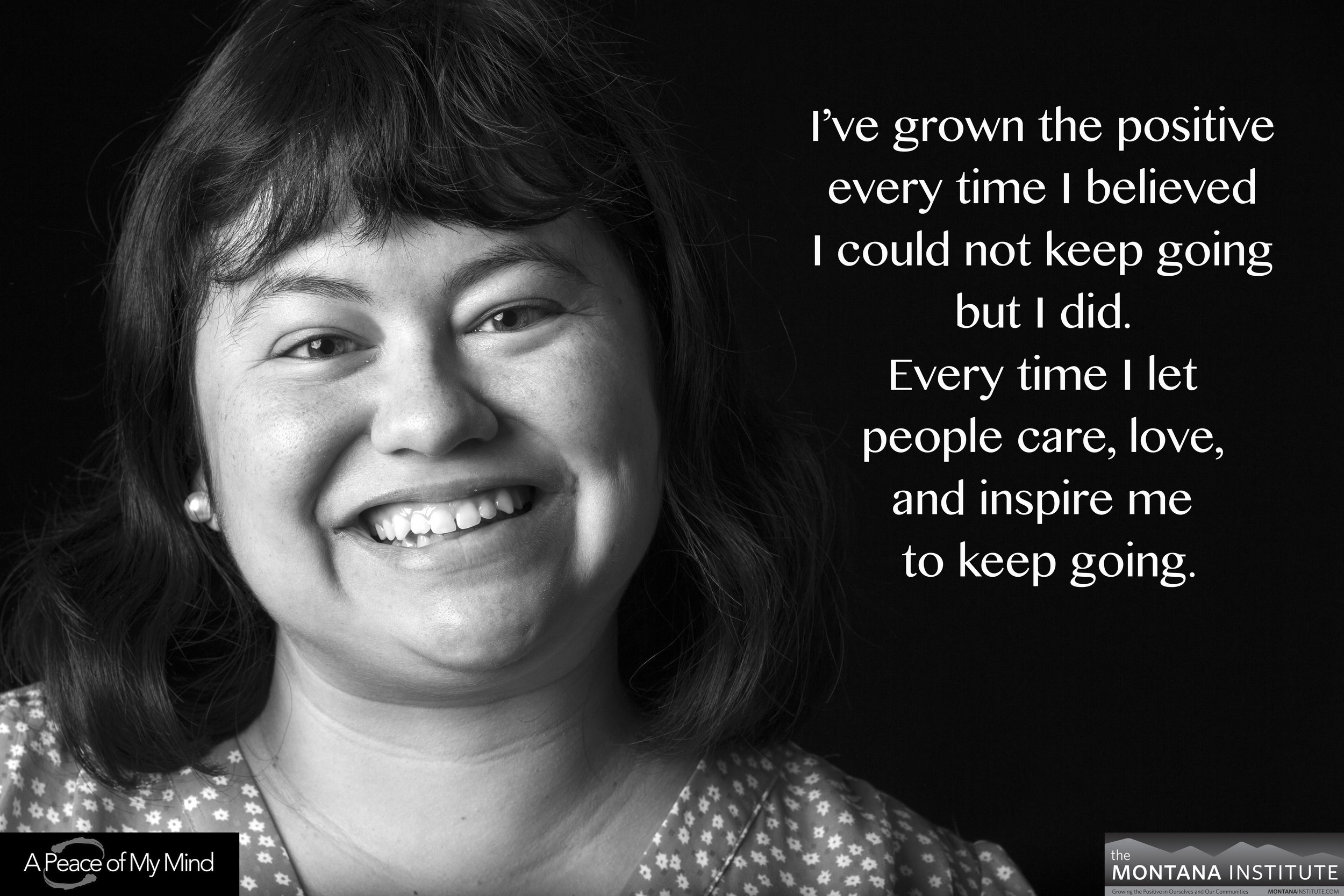Does Culture Matter in Creating Good Health?
/Earlier this month I traveled to Missoula to present at the Innovation and Imagination in Global Health Conference hosted by the Maureen and Mike Mansfield Center at the University of Montana. (I am honored to be a faculty affiliate at the Mansfield Center, which is dedicated to enhancing mutual understanding between the United States and Asia and to fostering ethical public policy and leadership relating to international affairs, public service, and the environment.)
In my talk I posed the question: DOES CULTURE MATTER IN CREATING GOOD HEALTH? The answer is a profound yes. The social determinants of health that shape the environments in which people are born, grow, live, work, and age have been well studied. But there is another element of culture that hides in plain sight: perceptions of norms. Our perceptions of how most people around us think and behave have a profound impact on our own beliefs, attitudes, and actions. What’s more, our perceptions of these norms are often wrong, leading us to make riskier choices. These culturally-embedded misperceptions of norms are hidden risk and protective factors become the powerful fulcrum for change upon which Positive Community Norms is based.




